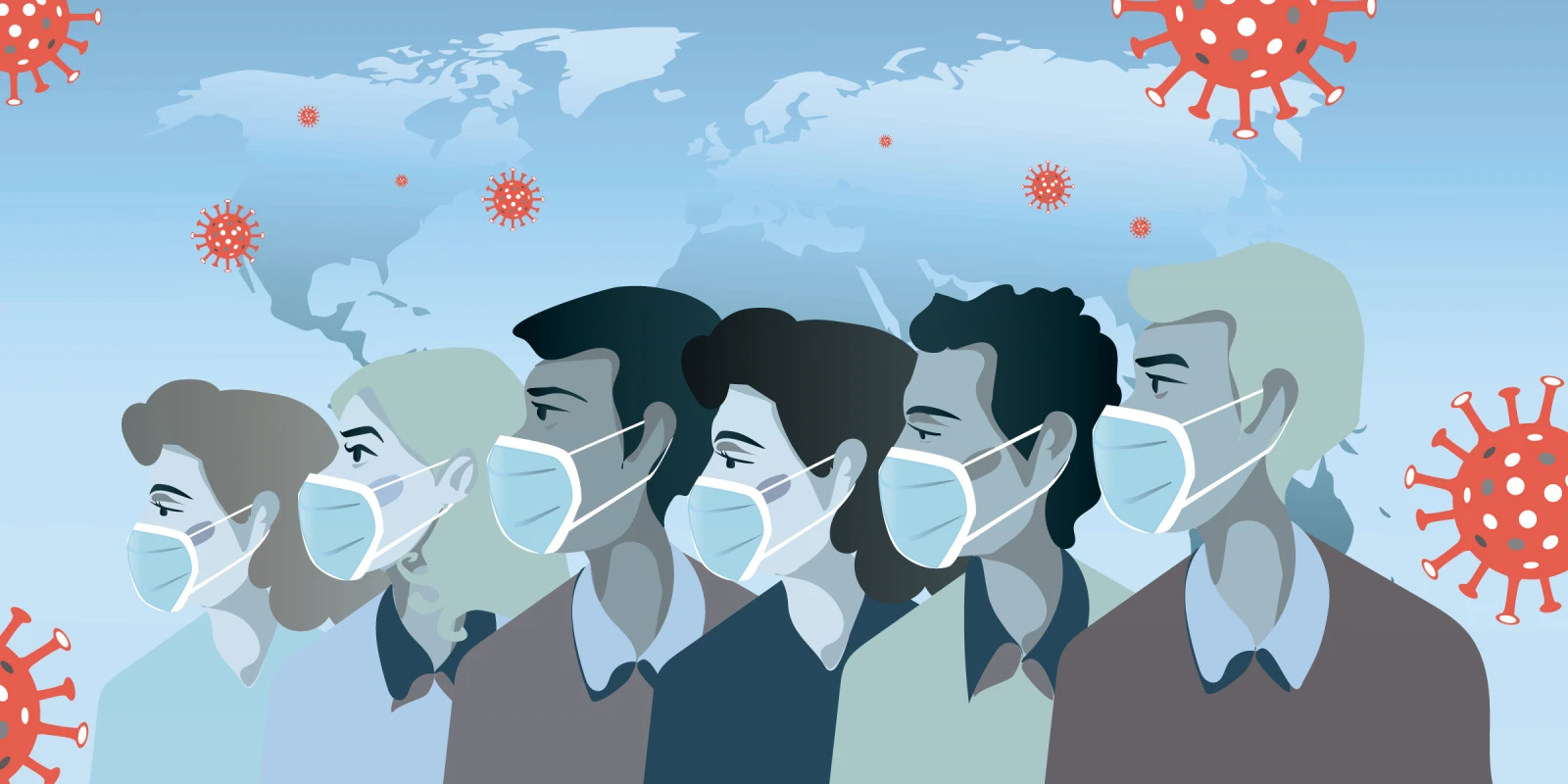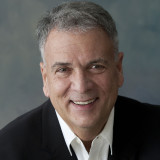My medical rap sheet is not squeaky clean. A sternotomy here, a stent there, a little AFib, and a busted fibula, along with the usual childhood diseases and the bouts of transient illness we all endure.
So I know a little bit about what it’s like to be on either side of a hospital bed. I’ve been a healer and I’ve needed to be healed. I’ve been asked unanswerable questions by my patients and families and I’ve asked the same questions of my own physicians. But if you look for a central theme, a through-line, a kernel of truth, it really all distills down to one root question we want answered:
When will I be normal again?
It’s a question asked around the briefest of illnesses, the most minor of procedures, as well as the cataclysmic and catastrophic ones. Regardless of specialty, we likely all have had patients who had to endure a long convalescence under our care. Patients who’ve needed our encouragement, support, advice, and, most important, our honesty. Patients we’ve had to shepherd through their recovery well after our intervention first occurred.
When will I be normal again?
“Soon, I hope,” you answer. “But I really can’t say for sure.” And then you add, “But I believe you will get there.”
Recovering patients are most reassured by simple honesty. This is where we find ourselves at the moment. Whether we’ve suffered from COVID-19, treated someone with it, lost someone to it, tested positive without symptoms, or just ducked into the nearest shell, closed our eyes and hid, we have all been touched by the virus, like it or not. We take care of patients one at a time but always lurking in the background is an understanding that that very care and the manner in which we provide it ripples out in broad waves into the society in which we live. For society — and the fragile, fallible, failure-prone humans who comprise it — is our mutual patient. And if the public IS the patient, let's keep acting like doctors — this is us, this is what we do. We don't just perform a magic trick, take a bow, and walk away. We stick with them, reassure them, prod and motivate them, reassess them, change the plan if necessary; we pick them up if they falter. It’s hard, often exhausting work, but it’s where we can do even more good. This isn’t about masks — this is about understanding the magnitude of what we're up against. This is especially true when uncertainty seems to be the prevailing sentiment. None of us can provide absolute certainty, rather what we can contribute now is some learned practicality. Perhaps even some uniformity. We’ve all been involved in the care of patients who required the talents of multiple physicians in multiple specialties. How difficult would it be for any patient or family (the first iteration of a society) if each of those physicians espoused a radically different prognosis or course of treatment? Alexander Pope asked, “Who shall decide when doctors disagree?” Who indeed.
A deadly pathogen still runs amok, sickening millions and killing hundreds of thousands with the possibility of more devastation to come. Homo sapiens have been given a frightful diagnosis – and we are reacting to the bad news in a very predictable fashion. Five decades ago, Elisabeth Kubler-Ross published a book on the Five Stages of Grief. If the COVID-19 pandemic isn’t grief on a global scale then I don’t know what is. We’ve seen Denial; we’ve certainly witnessed Anger and Bargaining. We’re weathering Depression and perhaps, just perhaps, now flirting with Acceptance. But what is it we really need to Accept?
When will I be normal again? Maybe the better question now is: “Will I/will we ever be normal again?”
I survived my run-ins with diseases expected and unexpected through a combination of persistence and luck and good medical care. I returned to what I consider a fairly normal status. But upon reflection, it’s an illusion, a story I tell myself. Every injury, every procedure, every close call left a mark on me, visible or not. I feel normal but that’s because I have internally recalibrated my scale of what normal is.
This is where we will end up as a society. We will return to something that resembles our old routines, and sooner or later everyday life will feel normal again. But the shadow, the scar if you will, of COVID-19 will stay with us indefinitely. We will all need to recalibrate. That’s what we have to Accept.
The last global pandemic was the result of an influenza virus. That virus takes its name from the medieval Latin and the later Italian word for influence. SARS-CoV-19 is not the flu – but its influenza on daily life has become inescapable. Patients will hear a great deal about the best course to recovery. But they will listen to you. With every patient we see, with every family we talk to, we have an opportunity to assist in the recovery of our society. Whether you’re on television, on the internet, on social media, or just slogging through a packed office schedule, you are still an influencer. And a powerful one. So, go. Influence — simply, honestly, compassionately, rationally. You can be cautiously optimistic and realistic at the same time. You can make sense of the scientific studies and public health advisories that your patients cannot. You can provide solid guidance just when it is needed most. Between doctor and patient there are no party lines. Together we can and will get our collective patient through.
Another flu season will shortly be upon us, adding further to the overall misery. It’s just one more reason to step up. It’s just one more reason to fight back. This time with a little influenza of our own.
How are you using your influence as a clinician? Share in the comments below.
Daniel J. Waters, DO, MA practiced cardiac surgery for thirty years and served as a Director of Medical Education for 20 before retiring in 2019. He is now a full-time author and novelist. Dr. Waters was a 2019-2020 Doximity Fellow and is a 2020–2021 Doximity Op-Med Fellow. Dr. Waters has no conflicts of interest to disclose.
Image by Krerksak Woraphoomi / gettyimages
Click here to see more perspectives on COVID-19 from the Doximity network.
Click here for up-to-date news about COVID-19 on Doximity.







